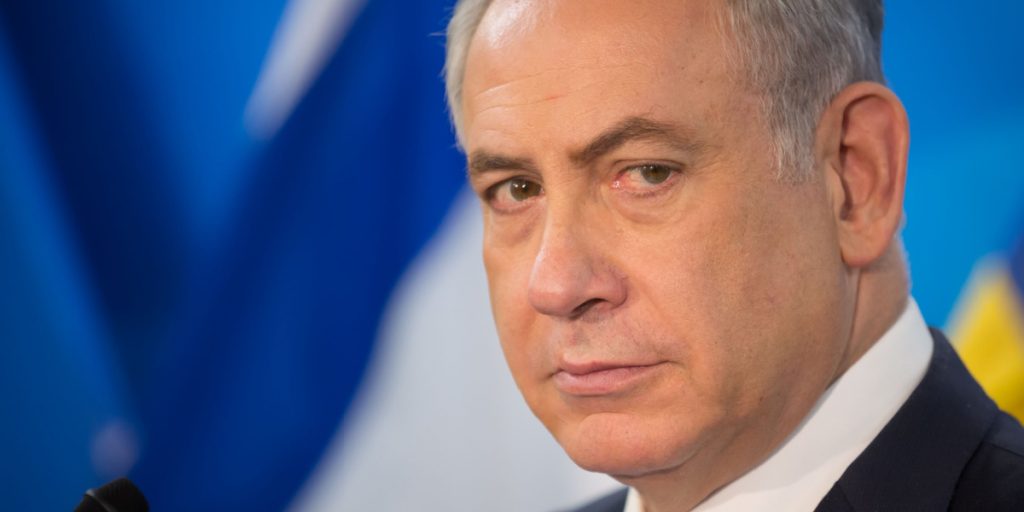Israel closes schools amid threats of Iranian attack.
Others are reading now
Israel has shut down school activities across the nation, reacting to imminent threats of an Iranian attack.
This decisive action comes in the wake of recent threats from Iran, promising retaliation for last week’s assault on its consulate in Damascus,
Syria, which resulted in the deaths of several, including two high-ranking officers from the Revolutionary Guards.
A Nation on High Alert
Also read
The announcement to halt educational and youth activities, shared by the Israeli military and reported by news agencies such as Reuters and AFP, underscores the severity of the perceived threat.
The precautionary closures also affect upcoming holiday events, notably disrupting preparations for Pesach, the Jewish Passover, which begins on April 22.
Sky Watch: Increased Military Vigilance
In a televised address, Israeli military spokesperson Daniel Hagari informed the public that the air force has increased its presence in the skies.
He emphasized that the coming school week, starting Sunday, will see no academic activities in light of the current security concerns.
“In view of the security situation, there will be no educational activities,” Hagari stated, indicating a tense atmosphere as the nation braces for possible conflicts.
Defense Ministry’s Cautious Stance
Defense Minister Yoav Gallant, in a statement reported by Reuters, noted that the government is “closely monitoring a planned attack” from Iran. Gallant urged Israelis to adhere to any directives issued by the national military command, signaling the government’s resolve to protect its citizens and maintain security.
Uncertainty and Readiness
While Iran has not officially confirmed an impending attack, the rhetoric from both sides suggests a fraught period ahead. Israel’s preemptive closure of schools and adjustment of public activities reflect a broader strategy to safeguard its populace against potential aggression, demonstrating the challenges of maintaining daily life under the shadow of geopolitical strife.


